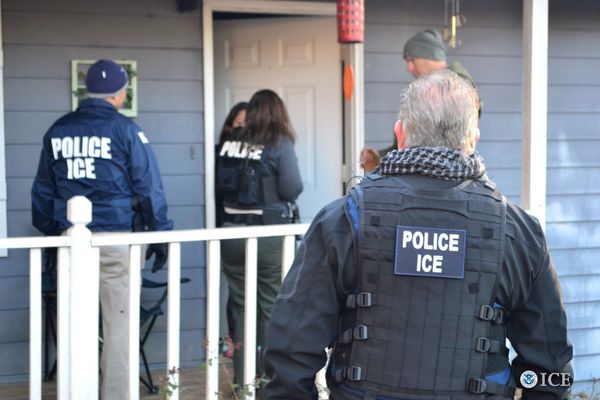Even with Russian vodka off the shelves and a booming local industry, Australian spirits "cannot compete" on price as the liquor excise hits $25 a bottle, distillers say.
"At the moment, Australian-owned and Australian-branded spirits are only about 2.5 per cent of the [retail] market and if you take out Bundaberg, it's only about 1.5 per cent," Australian Distillers Association chief executive Paul McLeay said.
He said while the overwhelming volume of spirits sold in bottle shops was foreign-owned and branded, 80 per cent of it was manufactured in Australia.
"All of your ready-to-drinks, all of your mixed cocktails and some of your bulk spirits [are made in Australia]," he said.
Australian spirits' low market share belies a boom in the number of distilleries opening around the country, especially in regional areas.
'Ferociously local'
Cameron Syme founded a craft distillery on Western Australia's south coast in 2004. Since then, it has expanded to three locations across regional WA.
"The smaller craft producers just cannot compete on a cost basis," Mr Syme said.
This February, Australia's liquor excise rose to $25 for a 700ml bottle of spirits containing 40-per-cent alcohol.
Mr Syme said the excise was the largest barrier to local spirits competing with international brands on price.
A spokesperson for retail drink and hospitality business Endeavour Group said despite major bottle shops taking Russian vodka off the shelves in February customers still have more than 400 vodkas to choose from.
To improve its provenance, Mr Syme's distillery has planted juniper to harvest the berries as a gin botanical and is installing a maltworks onsite to process locally grown barley.
"In the 1920s, Australia was the fourth-largest producer of whiskey in the world and I think we can retake our position.
"So long as we do premium quality, the future is going to be very bright for the Australian industry."
Mr McLeay said two-thirds of Australia's distilleries were in the regions.
"Consumers are ferociously local. Not just buying local, but wanting to know the provenance and the source of what they're drinking," he said.
Opening the distillery door
Western Australia's Porongurups mountain range is littered with walking trails and wineries. Just down the road from Mr Syme's distillery, another distillery opened to visitors in December last year.
Peter Waters, one of four farmers who founded the business, said more distillers could become part of regional tourist trails alongside wineries.
"We're getting a lot of people coming down to the Porongurups for the walks, they see our signs and drop in," he said.
Mr Syme estimated Australian distilleries were "30 or 40 years behind" the wine industry.
"All Australian producers are about premium quality and so long as we do that, the future is going to be very bright for the Australian industry," he said.







